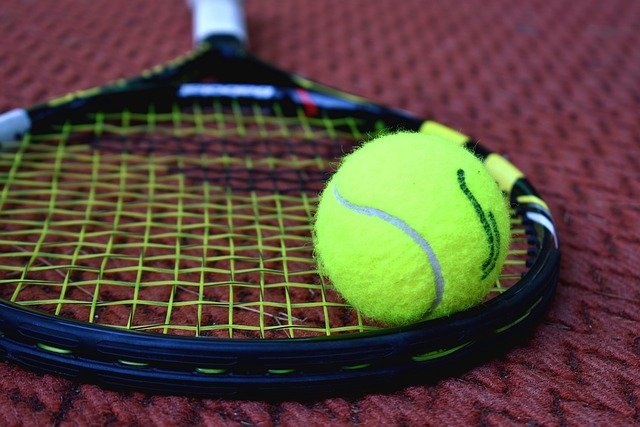Psychology Is Important When Playing Poker
What Makes a Poker Player Successful? This question is not that easy to answer because the individual areas are unequivocally mixed and merged. In any case, a successful poker professional requires composure, patience, calmness, and a large dose of math skills. The fact is, however, that the games are not always decided on the basis of good or bad hands; there are also some psychological aspects. Whether you play poker on the table or on a live poker online such as those played at SunPower Poker (선파워), psychology plays an important role in the game.
There is no doubt that a distinction can be made between online and offline gambling. At the stationary table, when you are sitting directly across from your opponent, poker psychology becomes more important. Every successful professional can “read” his opponents. At the same time, there are countless tactics not to betray yourself.
Poker Players Must Have Psychological Abilities
Anyone who underestimates the psychological aspects will never play poker successfully. Let’s look at Puis Heinz as an example. The now 25-year-old was the first German ever to win the final table of the World Series of Poker in 2011. In the heads up, he prevailed against the Czech Martin Staszko. Heinz’s success, which incidentally brought him $ 8.7 million, is based not least on his basic psychological knowledge. Today’s Viennese by choice began studying business psychology after graduating from high school. That he then knew how to apply his knowledge at the poker table was certainly a bit of a coincidence. But the basic knowledge definitely helped him.
“Poker is always about psychology. When I was playing, I mainly focused on not giving anything away through my body language. But you also have to watch your opponents closely, ”said the poker professional in an interview. Basically, Pius Heinz describes a game situation at the table as follows: “An example: If an opponent has lost a large pot five minutes beforehand, he may play worse, less thoughtfully or more aggressively. You should think about such things, and each person reacts differently. That is why it is important to closely monitor your opponents and the possibly changed dynamics at the table – in order to benefit from them in future situations. “
Psychological moments of play – play poker afterward
A top priority at the table should be to manipulate your opponent with your strategy. This is true both offline and online. Try to keep the pressure on their opponents high and force them to act accordingly. Keep in mind that it is in the nature of most poker players to be happy to call or bluff, even when the situation makes no sense. Your ambitious goal is to get your opponent to do exactly what you want and believe that you are doing the right thing.
Many amateur poker players try to confuse their opponents. To be honest, I think this is the wrong option. Manipulation yes – confusion no. A confused player can become all the more dangerous because he symbolically “is no longer in control of his senses”. Since the rules of poker are very simple, the opponent has few options. The chance is extremely high that a haphazard player will hit the mark. Once you have upset your opponent, it will be all the more difficult for you to assess his next moves. Any confusion is making life difficult for yourself. Try to manipulate the other players. They have to follow you on a leash and still be of the opinion that they are on the road to success.
Poker psychology should be trained
Like any other sport in sports betting, training is required. If you want to play poker at a high level in the long term, then you should give psychology a certain value. The magic formula is “learning by doing”. Play regularly. Try to learn from strong opponents. With every round of poker, you improve your game, even if you don’t even notice it at first. If you want to take part in a big tournament, a mental coach can be useful. No matter how the cards fall, the decision about victory or defeat is usually made in the head. There are already numerous players who have already folded a better hand just because they couldn’t cope with the psychological pressure.

